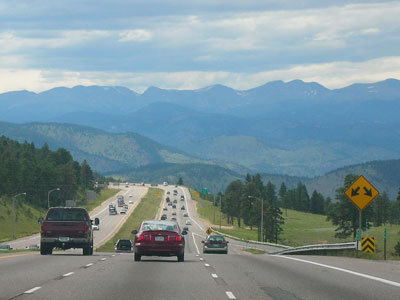All Nonfiction
- Bullying
- Books
- Academic
- Author Interviews
- Celebrity interviews
- College Articles
- College Essays
- Educator of the Year
- Heroes
- Interviews
- Memoir
- Personal Experience
- Sports
- Travel & Culture
All Opinions
- Bullying
- Current Events / Politics
- Discrimination
- Drugs / Alcohol / Smoking
- Entertainment / Celebrities
- Environment
- Love / Relationships
- Movies / Music / TV
- Pop Culture / Trends
- School / College
- Social Issues / Civics
- Spirituality / Religion
- Sports / Hobbies
All Hot Topics
- Bullying
- Community Service
- Environment
- Health
- Letters to the Editor
- Pride & Prejudice
- What Matters
- Back
Summer Guide
- Program Links
- Program Reviews
- Back
College Guide
- College Links
- College Reviews
- College Essays
- College Articles
- Back
A Teenager's Perspective on the Hearings MAG
There are moments, I’ve been told, that everyone in America remembers happening: where they were and what they were doing. Like when Challenger exploded or when JFK was shot. And, of course, the one I heard about from childhood was when the Twin Towers were struck.
For all of these moments, however, I was either too young to understand what was going on (I was born in 2001) or not alive at all. In effect, I’d always been curious about that shared moment of national shock. Everyone but me seemed to recognize the feeling. What was it like to think: I will never forget this feeling?
A couple months ago, when my mom and I were driving through Connecticut with NPR turned up on the car stereo, I had no idea that this was that feeling for me. Because really, there was no tragedy that gutted me or made me numb. There was no shock that left me in disbelief. There were no immediate losses, no exclamation points, no flames, no sobs. But the nation was silent, all the same. I couldn’t imagine anyone doing anything but straining their ears to hear what Dr. Ford had to say.
Now I know I’ll never forget it. In truth, it probably had as much to do with the gravity of the moment itself as it did with the way I was experiencing it: my mom and myself, neither of us daring to look away from the long strip of highway in front of us, neither of us daring to let out the breath we were holding. A mother and her teenage daughter listening to another woman, hundreds of miles away, telling a woman’s story that had moved millions of Americans and angered almost as many. The two of us, who had discussed this moment extensively for the previous week, were completely silent. I can’t even remember whether there were any other cars around us; it felt like the two of us were alone in the world with only this extraordinary voice coming over the radio and reconstructing the night Dr. Ford had spent three decades trying to erase.
Maybe the reason I couldn’t recognize it right away as my national-identity-moment was that unlike the people who had told me about their own national-identity-moments, I wasn’t wondering what had happened or how we’d gotten here. Everyone already knew that; this was long anticipated. The question on my mind as my mom and I slinked down I-95 was, What comes next?
I think we all knew Kavanaugh would get confirmed no matter what. But for whatever reason, we still listened. Maybe not all for the same reasons, but we listened nonetheless. Like in 1963, 1986, and yes, even in 2001 – though the circumstances were not the same – people all over the country fell silent and focused on one thing. Only some of us believed – not enough of us believed, I think – but all of us listened. Once I realized that, I realized that this was the moment I wouldn’t forget, with my mom sitting in the driver’s seat, her hand gripping the wheel, and listening, with millions of other Americans, to a survivor’s story.

Similar Articles
JOIN THE DISCUSSION
This article has 0 comments.
